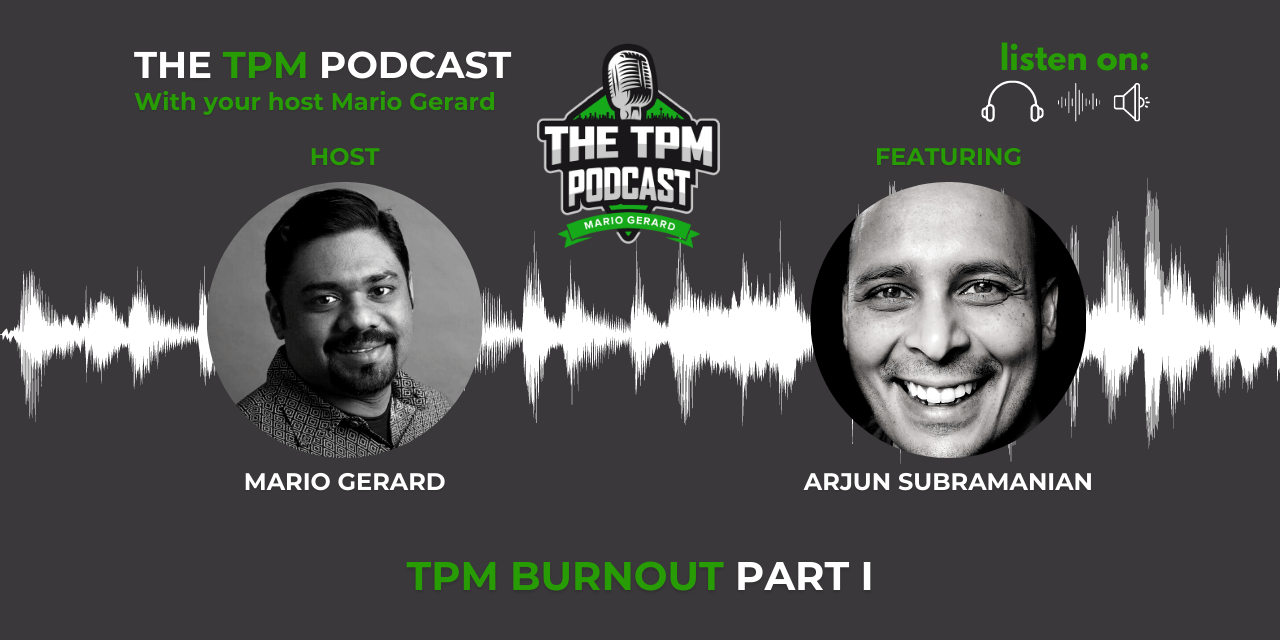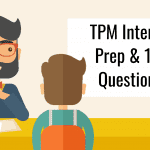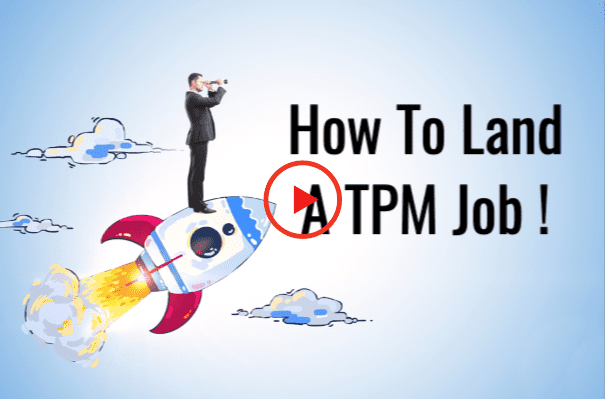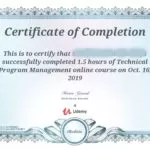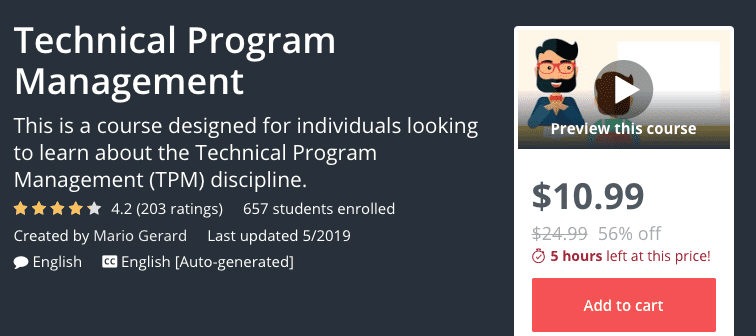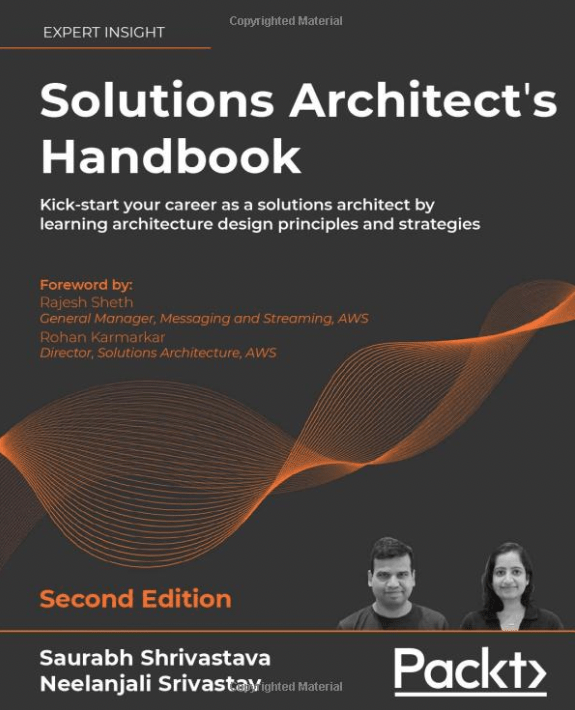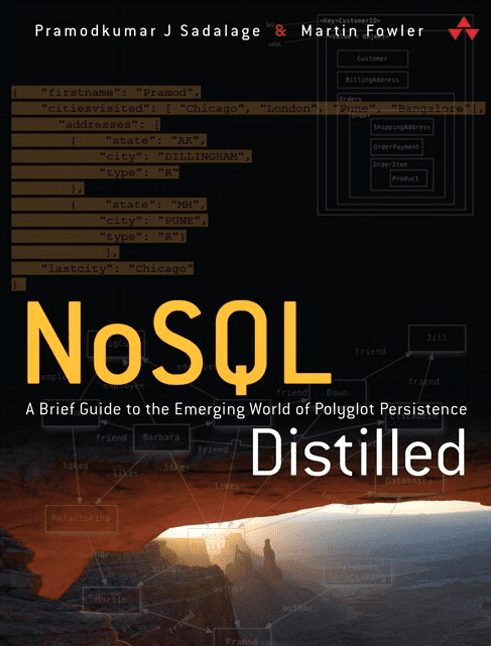Last updated on August 19th, 2022 at 01:05 am
Podcast: Play in new window | Download | Embed
Mario Gerard: Hello, and welcome to the TPM podcast. Today We have a very special guest with us, Arjun Subramaniam. I hoped you had a chance to listen to our previous episode where we spoke about TPMs program managers and product management. Arjun’s been a TPM for 10, 12 years, and then he’s been a product manager for like four years.
So that was a great episode. If you missed that episode, go back, and listen to that. This particular episode, we both very passionate about the topic on burnout. That’s the reason Arjun and I actually got together. And this is going to be kind of interesting, especially I think also because burnouts is a significant problem in our industry right now.
Episode I – Part I (TPM Fundamentals)
Episode I – Part II (TPM Fundamentals Continued)
Episode II – Part II (Burnout)
Burnouts in jobs – The Reasons
So let’s get into it. Arjun why don’t you tell us, like, why you wanted to talk about burnout, right? What was the reason?
Arjun Subramaniam: So if you, I mean, just think about the time we live in.
Mario Gerard: We are recording this December 2021.
Arjun Subramaniam: Yeah. Pandemic year two.
Mario Gerard: Yeah. And doesn’t seem to end.
Arjun Subramaniam: It doesn’t seem to end, doesn’t seem to end. I think Burnout was obviously an important topic even before this, but especially now with the pandemic, I think a lot of families are under stress and a lot of people are carrying a load that we can’t always see as coworkers.
We only see like people as colleagues, right? We don’t always know what else might be going on. And I think there’s definitely, if you look around you carefully, I think there’s definitely people that are struggling because of the pandemic, even in the tech industry. And the tech industry is seen as a, for of which industry. And it is tech workers are really well paid. Companies are known for having demanding workplaces, but they’re also by any reasonable standard, like really high quality workplaces.
Mario Gerard: White collar jobs.
Arjun Subramaniam: Yeah. So, and then if people in those kinds of jobs are experiencing burnout and fatigue and they leave this huge cost on like someone would doesn’t have those resources. Yeah. It’s probably way worse. And also, I think it’s, it’s an important topic because I think it’s not something that they teach you how to manage and look for when you are going through your career, especially the early stages of your career.
You always start to like hustle and work as hard as you possibly can and like get to the next level. And like, and it’s not really the rest and recovery and the athletic mindset where, you know, you’re really thinking about performance, but in the long run. What’s your athletic performance. Not just like, what’s your top burst speed kind of thing.
So I think it’s a worthwhile topic. I think the timing I’m sure there are people struggling with this.
Mario Gerard: So with the great resignation of people putting from all across America and probably all across the world, right. Everybody’s feeling a little bit of hurt in some way or the other. And because the social environment with COVID and the constraints that it’s put at us, I think we kind of decided that it was important topic to go and touch upon.
I’ll maybe go into a little bit of like why this topic was important to me it’s because I was working really, really hard. And then when COVID came, I kind of missed out on the fun and joy of work. I used to enjoy going to work because I had so many friends at work. And that was a very big social circle of people who I used to go for happy hours with, or go for walks at lunchtime or all those things.
And I kind of, when all that got taken away from me with COVID, I kind of missed that, but I was continuing to work kind of hard. And there was no reward to the working hard, which previously was a fun social life. I used to have like going to work physically. And we’d no longer do that. So that’s the reason I feel like I had that burnout phase where I was working too hard and I didn’t have enough fun.
It kind takes time. Sometimes the amount of different programs you might be put on or some things like that could also kind of factor in. So yeah. Do you want to kind of talk about like how COVID in particular has made more reason for more people getting burnt out?
Arjun Subramaniam: Yeah. I’ll just speak from personal experience and I’m sure there are others going through this. I probably would’ve never tried full remote work if it wasn’t for COVID. I realized I really enjoyed it.
Mario Gerard: I think most of us, if not all of us, I think there are some things like, You probably didn’t like the commute for some people, but in general, it’s a beautiful environment, especially TPM product managers where you get it interact with so many people. You thrive on it, literally.
Arjun Subramaniam: Yeah. And so for me, the biggest ways this year, especially COVID has impacted me is I just had my first daughter this year.
Mario Gerard: Congratulations.
Arjun Subramaniam: Oh, thanks. She’s wonderful. Perfectly healthy. Amazing. I feel really lucky. Everybody’s in good shape. My wife’s in good shape. So you don’t have too much to complain about. But the thing that I really realized this year was a lot of the social systems that would’ve been like the default settings For support. When you did something like have child, they just gone or they just wrecked.
So for example, right. Like you just don’t have the access to childcare. You just don’t. So people forget, but we didn’t even have clean path to vaccines until like April. So the idea that you could just send your kid to daycare, or you could have a nanny even no matter how wealthy you were, even if you could pay for all of those things. You could have like someone who’s not in a vaccinated state come into your home Inside your bubble, these were risky things.
I had a wife who was recuperating from childbirth. I had a daughter and we didn’t fully understand the risks of COVID and the Delta wave and all that stuff on little kids. So the support system’s just evaporated. And on top of that, you’re still running a hundred miles an hour at work. If anything, I felt like, because I went remote, I actually became like many times more productive.
And so I started to like, in the pro I felt like I was in like a kid in a candy store. I felt like super, I had superpower. I was supercharged. And I was just getting more and more tired and exhausted. And we also had other health setbacks, which I don’t want to share on the show. But with some of our family members, we had some health setbacks, and typically those things could have been handled if you had the normal system of healthcare providers and all that stuff.
But what COVID did was basically even for the most privileged people took away things that we could have taken for granted. And that stuff adds up. Yeah. Right. And so that produces a lot of stress. So I think if you are a parent, right. I mean hat’s off to you because I, I really think a difficult time to be a parent right now, if you had a COVID baby, we don’t even know the full consequences of having little kids isolated in a bubble for such a long time.
So that kind of stuff really, really can accelerate the feeling of fatigue and burnout.
Why Burnouts happen in Tech Industry
Mario Gerard: The next question probably is like, when does burnout happen? Like we spoke a little bit of COVID, but in general, right. When do you see people getting burnt out within the tech industry? What are your take when it happens and maybe why it happens?
Arjun Subramaniam: Yeah. So there’s probably a very wide spectrum of this, obviously. But there’s some things I’ve seen when it happens and from personal, I think number one is when the work is not aligned with your intrinsic goals. When the work feels like it’s been given to you as opposed to you having agency to choose the work, there’s something very powerful about this. And I think that if you are in a position where that’s happening to you, it is only a matter of time before you will burn out.
Like, you know, you have to feel an ownership and like, this is my inner score card that’s making me want to go and do this. I think there’s a kind of just like in the, you know, we talked about it in the interview question, right? There’s like this base of the pyramid that you need right. In the wellbeing context, you know how to have a good, well lived life right. At bottom, I think is this probably now cliche term, which is like self-care.
Which is like, are you taking care of your body? Are you taking care of the food you eat? Are you taking care of your mind? Like what’s your mental state and what practices do you have to like protect yourself and that sort of thing. And are you in an environment which is as supportive of you as need it to be okay. And that’s different for different people.
Mario Gerard: What kind of support system do you have?
Exactly right. And I think no employer will actually come out and say, you’re in the wrong place. Unless of course you’re doing a bad job or something. But often burnout hits people who are actually doing an amazing job. And I think that’s the risk is that like, You seem to be the shining star, but you’re actually burning out. And I think that not a lot of employers are tuned in enough to come to you and say.
Mario Gerard: Even managers. Even at the micro level.
Arjun Subramaniam: They want to come and tell you, look, I think you’re burning out.
Mario Gerard: Yeah. I think you’re doing way too much things.
Arjun Subramaniam: Yeah. And so that falls on the individual to then spot it. And I think that that’s just the way it is. And you just have to like figure out how to handle that.
Mario Gerard: Yeah. Especially when you have kind of unrealistic expectations as a TPM or as a product manager, Hey, go achieve this goal, do this, go solve this problem or go get to this goal, which is a little bit of a stretch goal, maybe in some sense, but it’s kind of unrealistic and they’re kind of being overworked. You got to be kind of at least cautious about that.
Arjun Subramaniam: Yeah, for sure. Because the truth is there’s some really long term negative consequences that are now very clear for people that consistently put themselves in such a where negative stress is kind of a repeating pattern, right? There are health consequences to this. There’s also just life consequences. It doesn’t, it’s not a transactional thing. Like we all, like, you know, like time is the most limited currency.
Do you want to spend your time being exhausted and tired and fatigued and not engaged in your life? Or do you want to feel alive and wanting to just jump out of bed morning and can’t wait to get to the day and get going. So there’s real costs to this. And I think that’s important to understand.
Work Life Balance
Mario Gerard: And I think as we are talking about that, right. There’s also this fine balance between work and life, especially as you’re working from home these days. How you delineate the home and work and how you kind of try to go between the two places, because before it was two physical locations, generally, if you leave work, you’re not thinking too much about work when you’re coming back home. But now since you’re kind of in the same environment, you got to like, keep yourself tuned enough to ensure that you’re not always in a work kind of mindset.
Arjun Subramaniam: This is something I learned over time, but I also have people on my team that struggle with this. So, you know, I will say this, you got to learn to understand boundaries.
Mario Gerard: And set them yourself and pull, and you kind of are the person to do this yourself. There’s nobody else who can kind of help you to do it, but you mentally need to start thinking about how you can set your boundaries.
Arjun Subramaniam: Yeah. And I think a lot of folks are probably, there are a lot of employers that everybody has seen managers that don’t always do the right thing or care about their staff. And I’ve been lucky, but I know that there are managers out there and employers, they’re not always looking out for you. But that’s more of a reason to understand that, like you got to draw line and that line is not, I’m not going to care about my job.
I think the line is I’m willing to do a certain set of things at certain times. And that’s what I’m willing to do. And just put your heart into it and do it. Yeah. And when you are done live with the consequences of those choices, right. In going back to your point, it’s important to be intentional about the boundary and not let the boundary be drawn by circumstance or outcome or something like that.
Mario Gerard: Boundary, expectations or whatever that might be right. That’s pushing you to continuously like work or continuously think about work. Yeah. Rather you set a very clear boundary and unless you do that, you’re going to get burnt out pretty fast. It’s just a matter of time.
Arjun Subramaniam: I will say over time in your career, or certainly in mine, I have wanted to work towards agency over my time.
Mario Gerard: What does that mean?
Arjun Subramaniam: It means that I can draw those boundaries In ways that are..
Mario Gerard: Beneficial to all.
Arjun Subramaniam: Yeah. Or actually to be blunt beneficial to my wellbeing. And I do not think my wellbeing is in opposition to the world’s wellbeing. Because if I’m able to sustain myself, contribute my energy and my talent and I’m able to help others and that sort of thing. Then the world benefits.
Mario Gerard: Yeah. Your family benefits first.
Arjun Subramaniam: Yeah. Your family benefits.
Mario Gerard: Then eventually yes. The society and the world.
Arjun Subramaniam: But I have to say though, practically speaking in the world, we live in it is a process. It did not for example, if I decided that I was not going to work late nights and weekends in my first job out of college. Which I did. I worked almost all the time when I land my first job out of college, I don’t think I would’ve learned as much. And I think that, frankly speaking, I did not have the agency to do it.
Mario Gerard: And that means, I’ll rephrase that. And you can correct me, come wrong, the choice to do it. Because if you took things a little lightly, somebody else would steal your place or you could be replaced or that is the moment to learn.
Arjun Subramaniam: Well, the thing is I was afraid. Like I actually didn’t, I had no idea if any of those bad things would happen. But it felt very real.
Like maybe none of those bad things would’ve happened, but it’s easy to say at this stage In my career Like 15 years in. Of all the skills I have now and all credibility or whatever to say that, oh yeah. Draw a boundary.
But I can honestly tell you when I was 21, I didn’t have the self-confidence. I didn’t have the body of work. I didn’t feel a sense of agency to draw a boundary. Cause I felt like I knew nothing and I needed to learn things. If I couldn’t, I was, now I’m not sure those things actually true. I think I might have actually been, if I was a little bit more disciplined or if I did draw those boundaries, I might have still done everything. But it’s important to acknowledge that, I think a lot of people don’t feel they can, It’s a big difference in you feeling like you can and just being told that you can do it.
Factors that contribute to burnout
Mario Gerard: Yeah. That’s so true. Some other things that contribute to burnout are like toxic situations, knowing situations where you are in, where you can, whatever you do, things are not going to change. That kind of could be a factor that contributes to burnout. We spoke a little bit about the action, but trying to have more social interaction that doesn’t need to be all physical in the real world. Even if it’s virtual interactions. I think those kind of things would probably help you feel better than, you know, just being isolated.
Arjun Subramaniam: I want to caveat out this. I think that like you got to have people around you that are good for you. You got to have vegetables around you and not French fries is really important. And then there are different kinds of people. You can’t just like, you know, you’re the average of the five people around you. You need a tribe of people around you who uplift you, who support you, who are good to you and you need, I actually think it’s not super healthy to have all of your tribe or even like frankly, a primary portion of your tribe from work.
I think you need a tribe outside of work. That can be this, this support for you, regardless of whether you do a good job or a bad job, or whether you ace that product launch or you screwed it up or whatever, right. That at the end of the day, someone’s out there, who cares and loves, who cares and loves you.
And if you don’t have that, I think really you have to build it. You have to build it. And I think it’s really important and not just like have people around you, you can’t just go to a happy hour and say, oh, I’m with people. Why am I miserable? Well, because no one cares about you. That’s why you’re, humans need, they have a primal need to be part of a real tribe. And you got to go find and create that tribe.
And on this thing that you just said about the toxic environments, right. I’ve learned from the university of hard knocks on this one, I’m sure everybody Has been around the workforce Can point to one organization they were in and they’d be like, like damn, that one was toxic. And it’s easy to say that after you’ve gone through it, but like to anyone that’s like kind of looking forward and saying like, how do I know whether I’m in a toxic situation or just a difficult situation.
Okay. Because if you’re in a difficult situation, but you have, it’s the right situation and Yeah, I’m like, you need to like show grit and tenacity. But if you’re in a toxic situation, you need to walk away as fast as possible. All right. Now I don’t think there’s a silver bullet answer to how to tell the difference, but there’s some lose and all of them are behavioral clues.
It doesn’t matter how sexy the product is. It doesn’t matter how hard the technical challenges are. You really should look to the types of behaviors that your management team [17:27 inaudible] and demonstrates and what is rewarded. This should be a no brainer, but for example, like berating people publicly.
Mario Gerard: Negative Feedback in front of everybody else.
Arjun Subramaniam: Add [17:40 inaudible] feedback. Like, you know, trying to criticize the person instead of the work. Elevating leaders that are not known to show empathy, or they can’t build trust. Like if you look at your leadership team and you say, I don’t trust them. Or you work with people that don’t respect you as a person. The other big tell is behaviorally. If the relationship everybody has with you is transactional. It’s all about like…
These are, now I’m not saying there are some, it’s all on a spectrum. Yeah. Every, and you know, deliver results is one very, very important TPM thing. Okay. You got to deliver results. If you’re not delivering results, that’s a different problem. There’s something about you’ll know it when you see it is what I can tell you.
If you look at a basket of human behaviors. Look at the behaviors of leaders and make sure that those are behaviors that you admire. They’re actually positive behaviors. Right. And they’re the kinds of behaviors that you look at and go that person’s got high standards, but that’s a rock solid leader and the criticism was fair. And like that’s the way it should work.
Not, I was publicly humiliated in front of like 20 people. Don’t ignore that. There is such a thing as the fit between the environment and the person. And it’s on you to figure out you are in the right place. That’s not like a sugar coated message, but if you don’t fully understand what environment, if you don’t know whether you’re a salt water or freshwater fish, no one can help you. Okay. You got to figure that out. If you’re in a toxic situation, look for those things.
And we bring this up in the burnout conversation is because typically burnout happens in situation when you’re toxic. And so that’s one of the things you got to like, and you can’t fix that with yourself. Like I can’t tell you go to the gym and your toxic team will be better. You can’t do that. Doesn’t work that way. So there are some things that are drivers of burnout that are things you can control. The toxic team is not one of them.
So the only thing you can control in that situation is your decision to walk away.
The Tech Industry Market
Mario Gerard: And the market’s hot. The market, we were, Arjun and I were just talking about how hot the market is before we start the podcast. If you are part of the tech industry right now, you’re probably in one of the best places you can be.
Arjun Subramaniam: I do want to say in the context of this conversation for a group of people, as blessed as tech workers. Yeah. This is a massive, it’s not even a first world problem. It is the first world’s first world’s first world’s problem. Like at the heart of it all, like if you’re in the tech industry, you’re very lucky. You’re one of a tiny group of, especially if you’re in the tech industry and like the United States in Seattle, or if you’re listening from California or something like that, my God.
Like you got to count your blessings first and you got to understand that like most people are not in this situation. Where they have choices. You know, like the whole conversation on burnout is about your choice, right? Yeah. Like, you know, how do you know it? How do you deal with it? How do you walk away or whatever. And I’m not saying everybody, there might be people that don’t have a choice. So please don’t misunderstand that.
I’m just saying as a group, right? Yeah. We’re a very privileged group. And it’s important to acknowledge that and know that not everybody’s in that situation.
Identifying burnout symptoms
Mario Gerard: Let’s move on. Like how do you identify like symptoms, personal symptoms of feeling burnt out? Like the reason I brought this up is do you know that you’re burnt out. And how do you like identify that? Oh, I am burnt out. And that’s the reason I’m not as productive for example. So what would be your, like if you had like five to six things to throw out there, which kind of identifies with the fact that you’re burnt out.
Arjun Subramaniam: The first thing is, this is hard. I think for a lot of people is you got to forget about how you think about it and you got to pay attention to how you feel about it. And for a lot of people in cognitive jobs, they practice how to think about things all day. They’re not as good as like practicing how things feel. Over time, I think the only thing I can tell you is my brain, when I’m in peak performance, it feels fresh to new ideas. It feels sharp, attention and focus come easier. It’s not like I don’t have to like discipline myself to focus on something.
Mario Gerard: General lack of motivation.
Arjun Subramaniam: Yeah. Yeah. But when you are burnt out or whatever, your brain feels like a dull saw.
Mario Gerard: It is like a mental fatigue, right? You feel that you are so overworked that the knife is not as sharp.
Arjun Subramaniam: Yeah, exactly, exactly. And there are other factors, like for example, irritability is a big one. If you find yourself kind of like becoming irritable, like, you know, that feeling, that’s happening more frequently, something to pay attention to.
Mario Gerard: Yeah. If you haven’t slept really well, you’re not getting a good night’s sleep.
Arjun Subramaniam: Yeah. Interrupted sleep is a big one.
Mario Gerard: Big one. That’ll generally tell you if you’re waking up like a couple of times a night or even once or twice a night. And generally you’re thinking back to this problem that you need to solve, or how do I deal with this situation? And you generally are not that type of a person where things affect you so much, then you kind of probably at some spectrum of burnout.
Also, if you have a lot of anxiety, generally you’re not an anxious person, but you have this newfound place where you are anxious about everything or everything makes you anxious, kind of one other like things. These are all like drops of pebbles in a bucket, right. It’s not just that one thing that generally is it points to burnout.
But if you have like multitude of these factors and you can see that, oh, I’m anxious, I’m not sleeping. I am lacking motivation, aha. Mental fatigue, you have low energy For example, all these kind of things are some kind of symptom that you might be burnt out.
Arjun Subramaniam: Yeah. I would agree. And the tricky part about this is there’s some amount of lived experience that tells you to feel the difference, right? Because anxiety is one of those things where like, I feel anxiety when I’m doing something hard.
Mario Gerard: You know, doing something for the first time doing something that’s really hard.
Arjun Subramaniam: That’s natural. So you got to learn to tell the difference. And I think the only thing I can tell you is if you pay attention to how you feel, then what happens is you pattern match. And then you’re like, well, this is not the same kind of anxiety. You’re feeling a different kind of anxiety. And also the other thing is to just give it time, many things that are kind of anxiety related to like a specific project or performance or whatever, they don’t last for a long time.
So they’re kind of fleeting. But if you find yourself in a sustained period of like sleepless nights and like that kind of thing, and especially if your body’s starting to give you signals, like there’s just like physical signs of this, then I think that, that’s much more likely to burn out than it is generalized kind of stress.
Mario Gerard: One other thing which I was thinking about is you are not that vested in the organization that you’re working at. Like, you feel that, oh, this is a job I need to do this job, but I’m not like vested in the long term successes of it. Or I don’t believe in the vision anymore.
Arjun Subramaniam: Cynicism. Cynicism.
Mario Gerard: You are Cynical about, you know, what’s happening.
Arjun Subramaniam: So cynicism is because I actually think that I have so little patience for it. Mostly because life’s too short to be cynical. Yeah. Okay. Like even if you’re not burnt out, if you feel cynical about your team, it really doesn’t matter. Like, you know, maybe the team, maybe it’s the wrong team or whatever, right. Like life’s too short. You should not be cynical. You should wake up in the morning and actually wanting to believe even what you do.
Your life is so precious. You get one life. Do you want to wake up in the morning? Like cynicism is like a self-destructive thing, right. It’s so self-destructive. It’s like, you are, you’re deciding to be pessimistic and negative. That’s just so unnecessary.
Mario Gerard: Not only for yourself, for everybody around you as well.
Arjun Subramaniam: Yeah. [25:43 inaudible] got to like, you know if you don’t like it, just go somewhere else. You know? Like there are other jobs there’s other teams.
Mario Gerard: And that my friends is the end of the part one of a two part series in burnout with Arjun Subramaniam. I hope you enjoyed it. If you did, do share it with your friends and colleagues, like and subscribe to the podcast and definitely if possible leave a review on iTunes, on google play, on the podcast, it really helps. Thank you so much. Bye. Stay tuned for the next episode.

